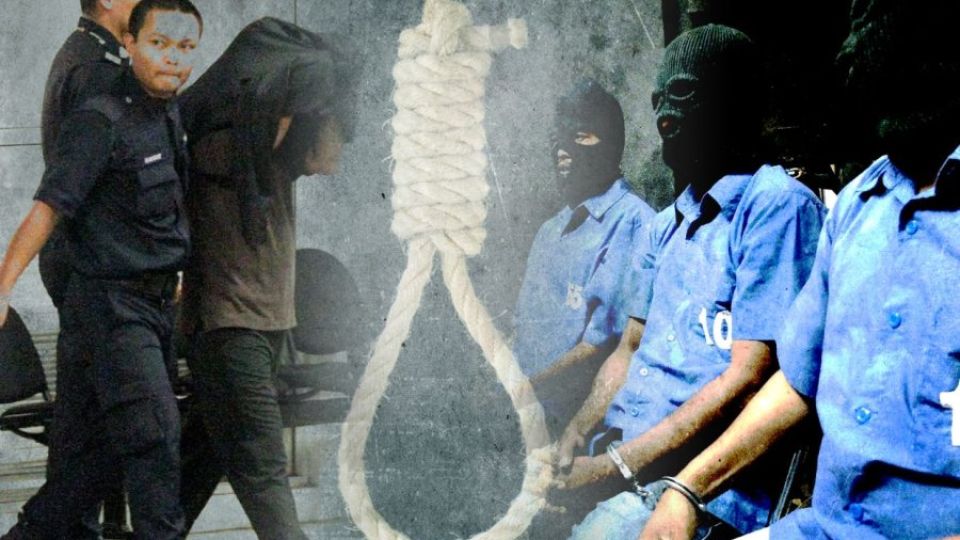March 28, 2023
KUALA LUMPUR – The more than 1,300 people on death row have been handed a chance to escape the gallows.
They have 90 days to seek a review of their sentence by the Federal Court once the mandatory death penalty is finally abolished in the country.
The process to end the mandatory death sentence began yesterday with the tabling of the Abolition of Mandatory Death Penalty Bill 2023 and the Revision of Sentences of Death and Imprisonment for Natural Life (Temporary Jurisdiction of the Federal Court) Bill 2023 in Parliament.
The Bills were tabled by Datuk Seri Azalina Othman Said, the Minister in the Prime Minister’s Department in charge of law and institutional reforms.
The Bills will be debated at this meeting and should be passed before April 4, when the meeting ends.
“The abolition of the mandatory death sentence is aimed at valuing the sanctity of life of every individual while ensuring justice and fairness for all,” Azalina said in a statement.
“This includes the murdered victims and those of drug trafficking, as well as the families of these victims.
“The policies under these Acts will be a middle path to ensure that justice is preserved for all.”
Under the proposed law, those on death row must file an application for a review of their sentence within 90 days of the new law coming into force.
Death row inmates will only be allowed to make the application once, with the Federal Court empowered to extend the 90-day time frame.
Azalina said both proposed laws would act retrospectively and allow the court to revise the sentences of 840 death row inmates and 25 others who had failed in their appeal for clemency to the Pardons Board.
“A total of 476 death row inmates, who have yet to exhaust their appeal process in court, will also be covered by the law,” she added.
She also said the court would be empowered to revise cases where a convicted person was sentenced to or is serving “imprisonment for natural life”.
Their sentences would be reduced to life imprisonment, which is between 30 and 40 years.
A total of 47 prisoners are serving natural life imprisonment, while another 70 are being held until they die after having their death sentences commuted.
Previous attempts to abolish the mandatory death penalty had been unsuccessful, although a moratorium on hangings has been in place since 2018.
With the proposed laws, the Federal Court can revise death sentences and substitute them with life imprisonment – between 30 and 40 years – and between six and 12 strokes of the rotan, depending on the crime.
There are 11 offences which now carry the mandatory death penalty. It will be replaced in most cases with life sentences and not more than 12 strokes of the rotan.
However, the death penalty can still be meted out, according to the court’s discretion.
Among the offences involved are murder, terrorist acts and hostage taking.
The proposed law also does away with the death penalty under Section 3 and 3A of the Firearms (Increased Penalties) Act 1971 where death does not occur.
Azalina said the only amendment made to Section 39B of the Dangerous Drugs Act was to lower the number of strokes of the rotan from a minimum of 15 to 12 strokes.
However, the court will have more discretion in deciding whether to impose life imprisonment instead of death for drug trafficking.

